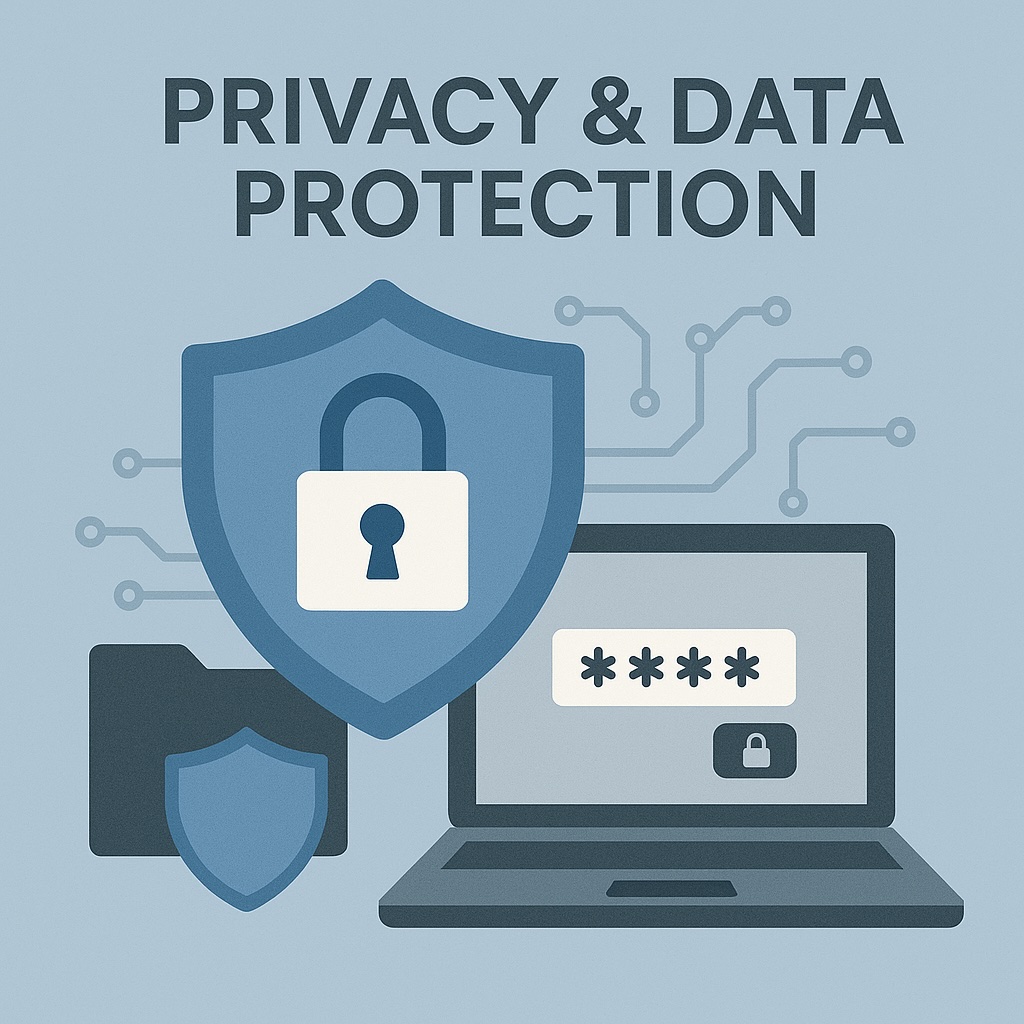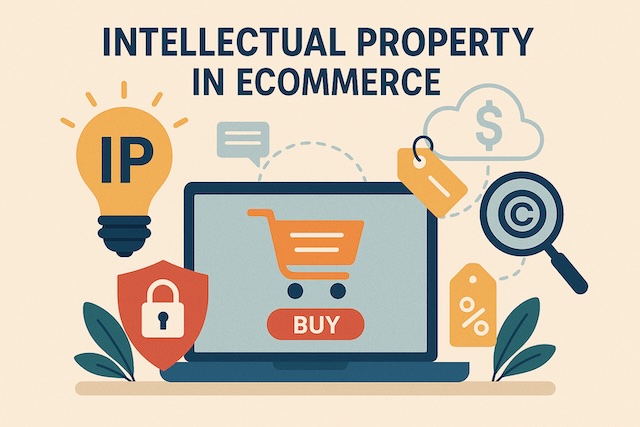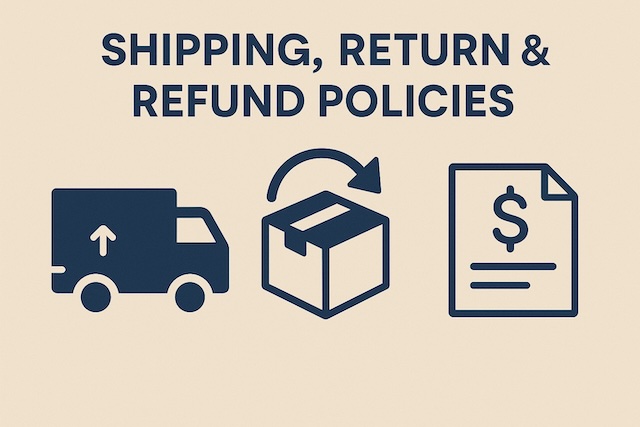We earn commissions when you shop through the links below
The Growing Importance of Privacy
In today’s eCommerce world, customer data is currency. From email addresses to browsing behavior, online stores collect vast amounts of personal information. With data collection comes legal responsibility — and regulators are cracking down harder every year.
Key U.S. Privacy Laws for Online Stores
- CCPA (California Consumer Privacy Act) – Grants Californians the right to know what data is collected, to opt out of sales of personal data, and to request deletion.
- COPPA (Children’s Online Privacy Protection Act) – Prohibits collecting data from children under 13 without parental consent.
- GLBA & HIPAA – Apply if you handle financial or health-related data.
Even if your business isn’t based in California, if you sell to California residents, you must comply with CCPA.
Building a Compliant Privacy Policy
At minimum, a privacy policy should disclose:
- What data you collect (emails, cookies, payment details).
- How data is used (marketing, analytics, order fulfillment).
- Whether data is shared with third parties (payment processors, shipping partners).
- Customer rights (access, deletion, opt-out).
- Contact information for privacy concerns.
Handling Consent Properly
- Opt-in – Customers actively consent (e.g., ticking a box before subscribing).
- Opt-out – Customers must act to stop data collection (less consumer-friendly, but sometimes allowed).
- Cookies & Tracking – Many states (and international laws like GDPR) require cookie banners with consent options.
Best Practices for Data Security
- Use SSL (HTTPS) on your site.
- Limit access to customer data.
- Encrypt sensitive information.
- Have a plan for data breaches (some states require notifying customers within specific timelines).
Key Takeaways
- Privacy compliance applies nationwide — even small stores must follow the rules.
- A transparent, customer-friendly privacy policy builds trust.
- Strong security practices are both a legal and business necessity.
Action Step: If you don’t already have a Privacy Policy, create one and post it prominently. Tools and generators can help, but consider legal review for compliance with multiple state laws.
If you want to know more about privacy laws and data protection, please see Recommended Books.





